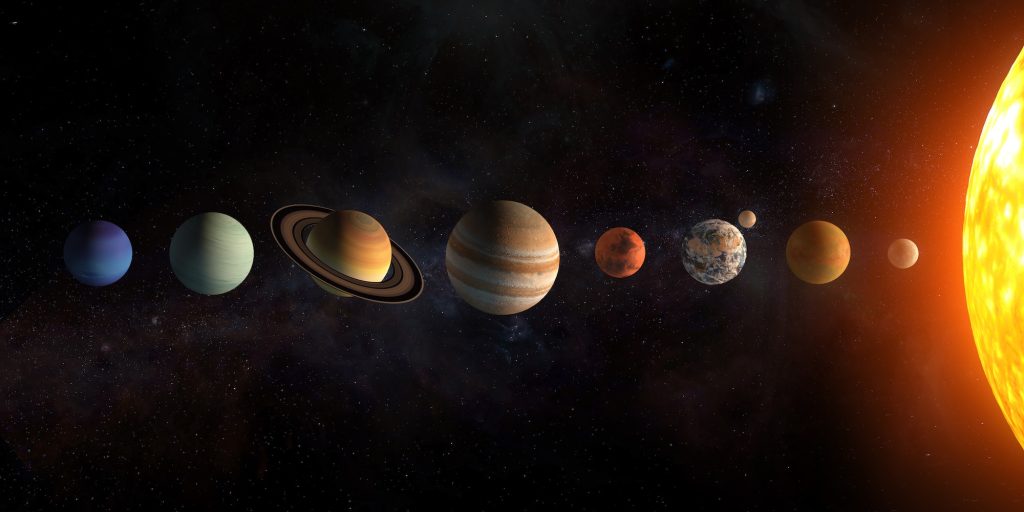
































Just over a week after beating Russia to become the first country to land on the moon's south pole, India has launched a rocket to study the sun.
Aditya-L1, the Indian Space Research Organization (ISRO)-led mission, is India's first attempt to study the sun. After US and European Space Agency programs, it will be the first Asian solar-observatory mission to be placed in orbit around the sun.
ISRO designed the spacecraft to travel 1.5 million km over four months from Earth to the Lagrange point, where gravitational forces meet, in order to reduce consumption, still far short of the sun's distance of 150 million km. The spacecraft is equipped with advanced scientific instruments, including a magnetometer, a coronagraph, and a solar ultraviolet imaging telescope, to study the sun's magnetic fields, corona, and solar winds.
The mission is meant to provide valuable insights into the sun's behaviour.
Energy particles emitted by the sun can impact the thousands of communication satellites in orbit, a number that will only grow with the development of low-earth-orbit satellite ventures such as Amazon's Kuiper and Elon Musk's Space X Starlink. Additionally, the data could help scientists understand the sun's influence on Earth's climate cycles and the origins of solar wind.
As India joins the space business, PM Modi is pushing for space launch privatisation to attract foreign investment and secure a bigger share of the global launch market. ISRO's latest prowess and ambitious space program showcase the huge potential of the country in the sector, given its comparative cost advantage and abundance of highly skilled local engineers.
 Tags quentes :
Desenvolvimento
Infra-estrutura
Tags quentes :
Desenvolvimento
Infra-estrutura